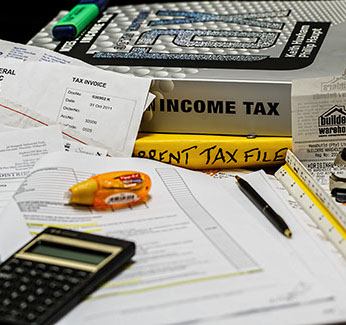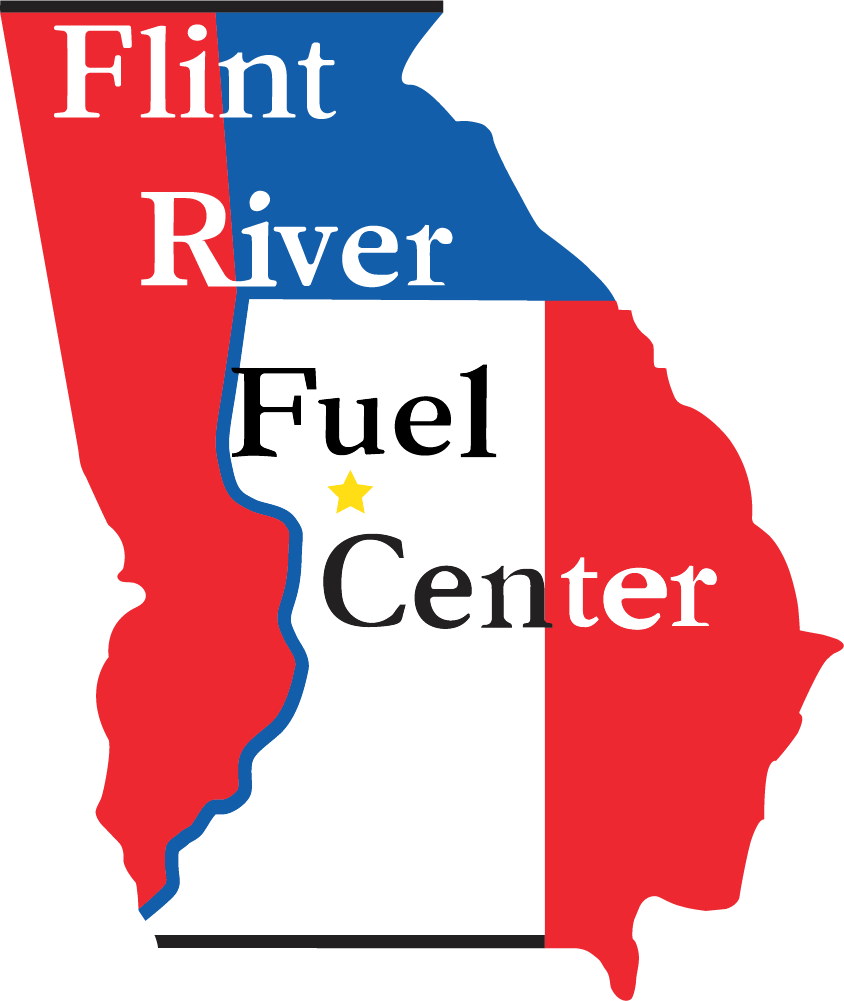INCENTIVES
Financial Incentives
Federal Laws and Incentives for Natural Gas
Take a look at the list from the U.S. Department of Energy that contains summaries of all laws and incentives associated with Natural Gas. Click the button below to learn more.
Programs and Incentives
In an effort to reduce America’s dependence on foreign oil, reduce urban emissions and reduce greenhouse gases, the federal government, state governments and even regional and local governments have implemented incentives to encourage the purchase and use of NGVs. These include tax deductions/credits, reduced license fees, reduced vehicle sale taxes, and lower registration fees. Some states also permit certain alternative fuel vehicles to operate in high occupancy vehicle (HOV) lanes during peak rush-hour periods.

Tax
Tax Credits

Overview
The Energy Policy Act (EPAct) of 2005, PL 109–58, provides for an income tax credit equal to 30 percent of the cost of natural gas refueling equipment, up to $30,000 in the case of large stations and $1,000 for home refueling appliances. The credit went into effect after December 31, 2005 and after expiring has remained available through extensions. The most recent extension of this incentive occurred on February 9, 2018 when it was included in the Bipartisan Budget Act of 2018 (HR 1892; PL 115-123, § 40404). This law retroactively extends the incentive through 2017. Persons intending to take advantage of tax credits should consult with their tax advisors to understand how best to take advantage these provisions and also whether any limitations exist.
For more information on the income tax credits of alternative fuel infrastructure, visit the Federal Incentive for Alternative Fuel Infrastructure page.
GRANTS
Grant Programs
Overview
The Department of Energy funded 25 different projects for alternative fuel, infrastructure and advanced technology vehicle, and 19 of these 25 projects include NGVS. The Federal Transit Administration also awarded about $100 million in funding for more cities to switch to natural gas buses. Together these programs will result in:
- 3,000 new natural gas vehicles, including 600 heavy duty trucks that will be powered with liquefied natural gas, or LNG.
- 140 new fueling stations, including 10 that will fuel heavy-duty trucks with liquefied natural gas.
- More than 200 new natural gas powered buses, and the repowering of more than 400 existing natural gas buses, plus the building of several new fueling stations for these bus fleets. Several states have used the Energy Block Grant funding to set aside money for NGV development.

FUNDING
Funding Opportunities

Overview
Securing funding is critical to the success of efforts to cut petroleum use in transportation. Funding opportunities for Clean Cities projects are available from many sources inside and outside the U.S. Department of Energy (DOE).
Clean Cities has awarded nearly $400 million to fund hundreds of projects across the country that cut petroleum use in transportation. Learn more about Clean Cities projects.
Legislation
Federal Legislation
Chronology of Legislation

The Intermodal Surface Transportation Efficiency Act of 1991 (ISTEA) laid the foundation for highway construction and safety programs. Subsequent Surface Transportation Acts include the Transportation Equity Act for the 21st Century (TEA-21) of 1998, and the Safe, Accountable, Flexible, Efficient Transportation Equity Act: A Legacy for Users (SAFETEA-LU), enacted in 2005, the Moving Ahead for Progress in the 21st Century (MAP-21) Act, enacted in 2012, and the Fixing America’s Surface Transportation (FAST) Act, enacted in 2015. Each of these acts authorizes funds for highway construction, highway safety, and public transportation programs. Recent surface transportation acts also include provisions related to alternative fuel vehicles (AFVs) and infrastructure.
The Energy Policy Act (EPAct) of 1992 established regulations requiring certain federal, state, and alternative fuel provider fleets to build an inventory of AFVs. It was amended several times, including via the Energy Conservation and Reauthorization Act of 1998 and via EPAct of 2005, which contained provisions regarding alternative fuel use and infrastructure development.
The Energy Independence and Security Act of 2007 included provisions to increase the supply of renewable fuel sources and raise CAFE standards to 35 miles per gallon by 2020. The Emergency Economic Stabilization Act authorized the Energy Improvement and Extension Act of 2008, which provided several provisions related to tax credits and exemptions for alternative fuels and fuel-efficient technologies.
The American Recovery and Reinvestment Act of 2009 appropriated nearly $800 billion towards the creation of jobs, economic growth, tax relief, improvements in education and healthcare, infrastructure modernization, and investments in energy independence and renewable energy technologies. The Tax Relief, Unemployment Insurance Reauthorization, and Job Creation Act of 2010, the American Taxpayer Relief Act of 2012, the Tax Increase Prevention Act of 2014, and the Consolidated Appropriations Act of 2016 extended and reinstated a number of alternative fuel tax credits. This section summarizes these laws.
RESOURCES
Federal & State Laws & Incentives

Find Laws
Find federal and state laws and incentives for alternative fuels and vehicles, air quality, fuel efficiency, and other transportation-related topics.


